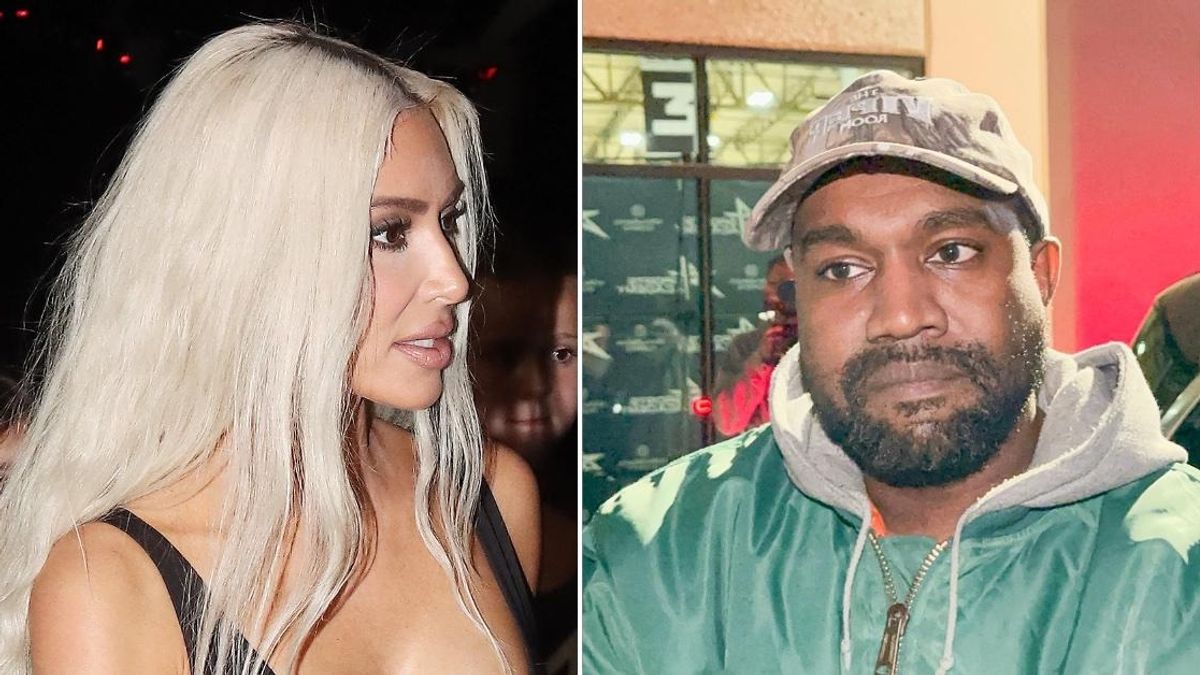Crime, Mystery & Thriller Movies & Series: Trending Now!
In an era defined by the omnipresence of digital technology and the relentless churn of social media, does the allure of online fame and the seemingly effortless sharing of personal lives truly justify the erosion of privacy and the potential for devastating breaches of confidentiality?
The digital landscape has become a double-edged sword, offering unprecedented opportunities for connection, self-expression, and professional advancement. Yet, this same landscape also fosters an environment where sensitive information can be exposed with alarming ease, leaving individuals vulnerable to exploitation, harassment, and reputational damage. The recent incident involving content attributed to Sondra Blust, a figure known for her online presence, has ignited a critical conversation about the fragility of privacy in the digital age, raising profound questions about personal autonomy, consent, and the ethical responsibilities of both individuals and the platforms they utilize.
| Category | Details |
|---|---|
| Full Name | Sondra Blust (also known as Sandra) |
| Known For | Social media content creation, particularly on TikTok and Instagram. Sharing aspects of her daily life, Latin-inspired recipes, and dance videos. |
| Platforms | TikTok, Instagram, YouTube (and gaining attention on Reddit, Telegram, and Twitter (now X)) |
| Content Type | Lifestyle, dance, recipes (Latin cuisine), interactions with her boyfriend, Carlos Nez. |
| Recent Attention | Increased searches on platforms due to an alleged leak of an intimate video. |
| Relationship Status | In a relationship with Carlos Nez. |
| Nationality | American |
| Relevant Incident | The "Sondra Blust leaked incident," involving the unauthorized dissemination of private content, has sparked discussions about privacy, consent, and media ethics. |
| External Reference (Example) | Example Website (Replace with a legitimate source if available) |
The term "leaks" in the digital context has evolved to encompass the unauthorized access and distribution of confidential information. This can range from personal photographs and videos to sensitive financial or medical records. The repercussions of such breaches can be severe, impacting not only the individual whose information has been compromised but also the wider community, as these incidents can contribute to a climate of fear and distrust. The unfortunate incident involving Sondra Blust serves as a stark reminder of the potential consequences, igniting essential discussions about the responsibilities of digital citizens and the measures needed to protect privacy in an interconnected world.
Sondra Blust, often known by her nickname Sandra, has carved a niche for herself within the ever-expanding universe of social media influencers. Her vibrant presence on platforms such as TikTok and Instagram, where she shares glimpses of her daily life, showcases her culinary skills by posting Latin-inspired recipes, and delights followers with lively dance videos, has garnered her a significant following. This online engagement reflects her ability to connect with a broad audience, creating a space where she shares both personal and creative expressions. It's through this content that she has cultivated a significant presence within the digital world, connecting with fans and creating a platform for her personality.
The attention surrounding Sondra Blust has been heightened by the alleged unauthorized release of a private video, prompting a surge in related searches on platforms like Reddit, Telegram, and Twitter (formerly X). This incident serves as a potent example of how quickly sensitive information can circulate online and the far-reaching implications of such breaches. The situation underscores the urgent need for comprehensive conversations on data security, ethical media practices, and the fundamental right to privacy in the digital age.
The recent controversy brings to the forefront a pressing question: how do we, as a society, balance the allure of digital self-expression with the imperative to safeguard personal privacy? The answer is not straightforward, demanding a multi-faceted approach that includes robust legal frameworks, technological safeguards, and a heightened awareness of the risks involved in sharing personal information online. It is also crucial to consider the issue of consent and the ethical obligations of those who create, share, and disseminate content online, particularly when it involves the intimate details of another person's life.
The evolution of technology has dramatically altered how we consume, create, and share information, transforming social dynamics and raising new questions. The rise of platforms has provided unprecedented opportunities for creators to build audiences and monetize their content. However, this democratization of content creation has also, unfortunately, created new avenues for the exploitation and distribution of private data. As technology continues to advance at a rapid pace, the need for clear guidelines and regulations becomes increasingly important to ensure the protection of individual privacy rights.
The narrative surrounding Sondra Blust and the alleged leak provides an opportunity for introspection, prompting discussions about consent, media ethics, and the role of online platforms in safeguarding user data. In particular, it highlights the need for a comprehensive approach to digital security. This includes strong encryption protocols, user-friendly privacy settings, and proactive measures to prevent unauthorized access to private information. It also underscores the need for a legal framework that holds those responsible for data breaches accountable, providing individuals with adequate redress when their privacy is violated.
Furthermore, the incident calls attention to the role of media in shaping public perception and the ethical considerations that arise when reporting on sensitive issues. Responsible journalism demands a commitment to accuracy, fairness, and respect for the individuals involved. The media has a crucial role in informing the public, however, it also has an ethical obligation to avoid contributing to the spread of misinformation and to protect the privacy of those impacted by such events. This also extends to the role of social media platforms, which should take steps to prevent the dissemination of unauthorized content and to ensure the safety of their users.
The viral scandal has prompted widespread conversations, capturing the attention of millions online, and it has highlighted the potential consequences of privacy violations. The alleged release of the footage without consent has ignited controversy and spurred conversations about digital ethics. The incident underscores the urgent need for a comprehensive approach to data security, one that involves robust legal frameworks, user education, and a heightened awareness of the risks associated with sharing personal information online. This includes a critical examination of consent, the ethical responsibilities of content creators, and the role of platforms in safeguarding user data.
The complexities of the digital world, with its constant flow of information and ever-evolving platforms, demand a proactive and multifaceted approach to safeguarding privacy. This requires a combination of legal protections, technological safeguards, and a strong commitment to ethical practices. By addressing these challenges, we can create a more secure and responsible digital environment where individuals can express themselves freely, without fearing the potential for privacy violations. The conversation sparked by the incident surrounding Sondra Blust serves as a vital catalyst for change, prompting us to re-evaluate our relationship with technology and our collective responsibility to protect the privacy of all.


